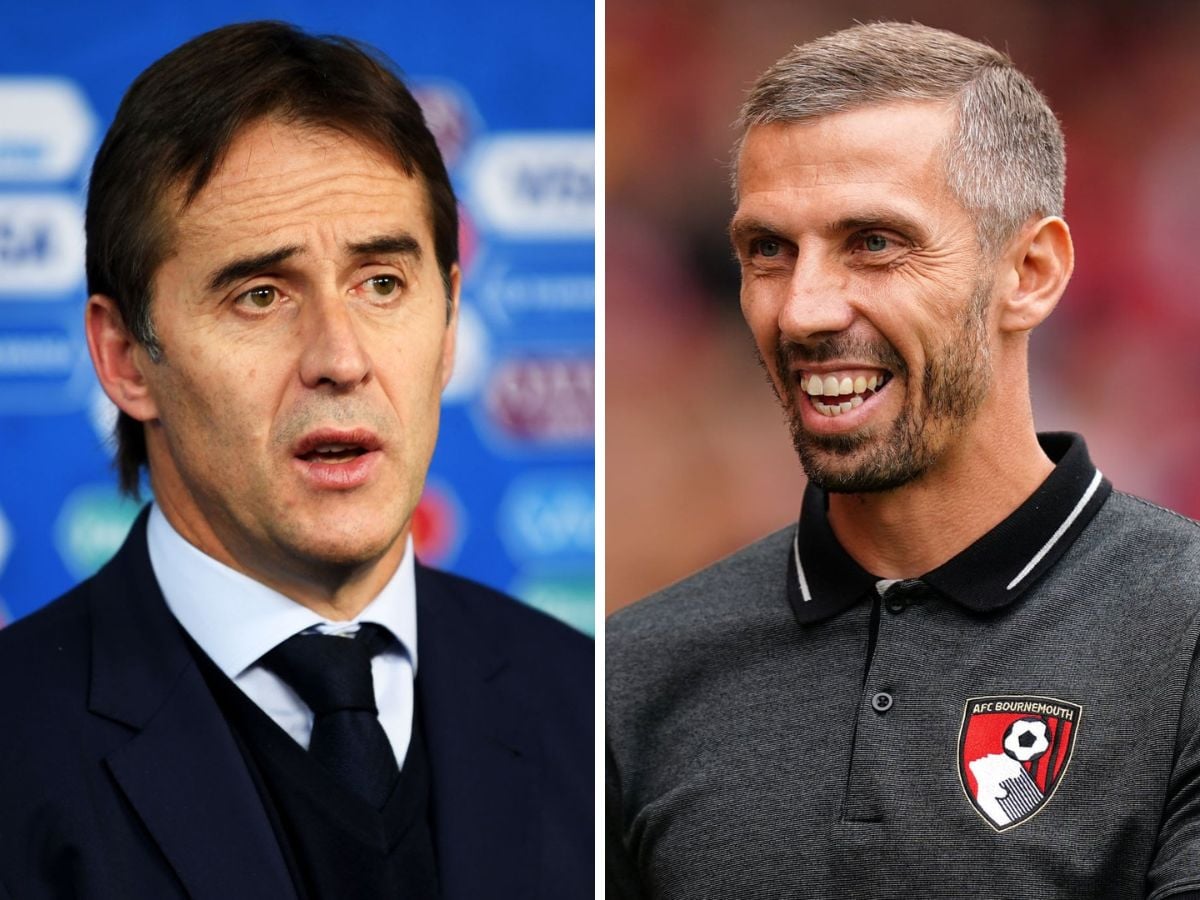Author: Monojit Mandal
Wolverhampton have formally introduced former Bournemouth manager Gary O’Neil as their new manager, just three days before the start of the long-awaited 2023-24 Premier League season. He signed a lucrative three-year contract, succeeding Julen Lopetegui.
O’Neil , 40, was praised by Wolves’ sporting director Matt Hobbs as a young, vibrant and principled manager who will offer new perspectives to the club. The team, which has undergone a whirlwind of management changes in the last two years, believes that O’Neil is the right man for the job.

The decisive factor in O’Neil’s decision was his interview with the club’s board, where his presentation made a significant impression, positioning him as the favorite choice among several potential candidates to replace Lopetegui.
O’Neil’s coaching career, although still young, has been notable for his commitment to player development and tactical knowledge. His experience includes working as an assistant coach with Liverpool’s U23 team before joining Bournemouth’s coaching staff under Jonathan Woodgate in 2021. O’Neil was chosen as temporary CEO following the departure of Scott Parker in August 2022, and was promoted to permanent CEO in November of the same year.

During his time at Bournemouth, O’Neil oversaw 37 matches in various competitions, with a win record of 29.73% and 11 wins. This background, along with his innovative thinking and demonstrated ability to develop young and experienced players, helped attract him to the Wolverhampton leadership.
O’Neil’s first important test in his new role will be Monday’s game against Manchester United at Old Trafford. He offers important points of view from both sides of the game as a former player with a stellar career at teams such as Portsmouth, Middlesbrough, West Ham, QPR and Norwich.
Fans are excited for a new chapter in the club’s history, hoping that O’Neil’s enthusiasm, tactical acumen and devotion to the game will take the team to new heights, providing stability in an era characterized by managerial volatility.


